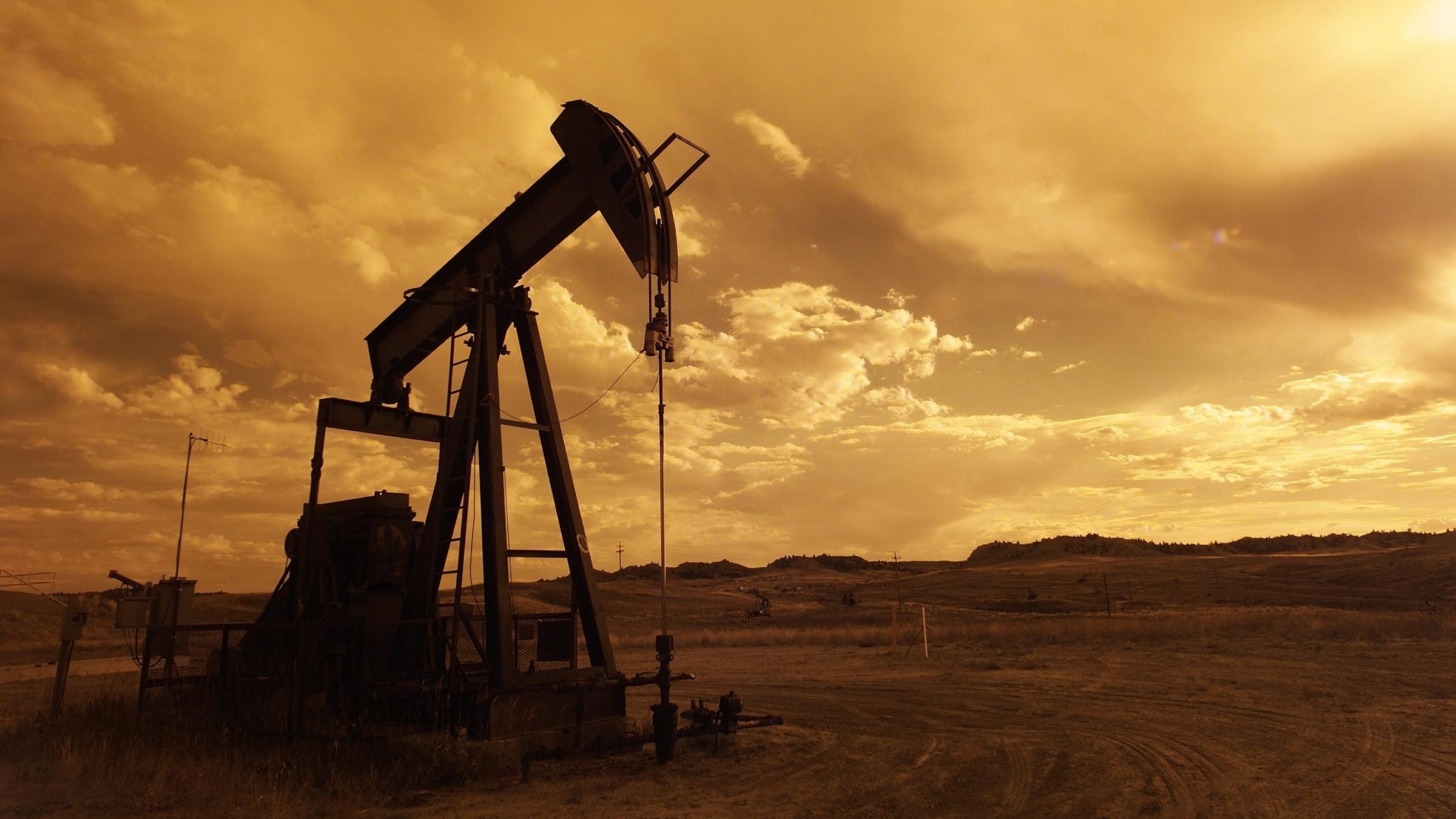OPEC+ Agreement Remains Unresolved After Saudi Arabia-UAE Quarrel
In the wake of a public disagreement last week, no new deal was reached by the beleaguered 23-member petroleum export club
An OPEC+ meeting set for July 5 was canceled after an open dispute on Friday between the United Arab Emirates and Saudi Arabia – atypical for the partners – over limits on how much oil can be produced.
Riyadh wanted the bloc to continue to reduce oil production until the end of next year, while Abu Dhabi objected to the prolonged restrictions originally set to be lifted four months into 2022. These oil austerity measures would come after an initial four-month boost in production starting in August of over 2 million barrels per day.
“The irony here is that the UAE is holding up an agreement that would see the OPEC+ producers increase production between August and December not because it objects to the actual increases but because it objects to a Saudi proposal to extend the scope of what would remain of the cuts beyond April 2022 to December 2022,” Kate Dourian, contributing editor at the Middle East Economic Survey, a weekly publication on the region’s oil and gas industry, as well as non-resident fellow at the Arab Gulf States Institute in Washington and a fellow of the Energy Institute in the United Kingdom, told The Media Line.
Under the new accord, so-called ‘liquid gold’ output would be reduced by nearly 20% for the Saudis and 5% for the Emirates.
The scratched OPEC+ gathering means that no deal has been reached, and no details were made available about rescheduling.
According to Dourian, the UAE believes that it should be able to have higher oil limits because Abu Dhabi has boosted oil output since October 2018, the month which served as a standard to compute oil production reduction set in April 2020.
“The UAE feels slighted because it has invested heavily in expanding its production capacity in recent years and wants the OPEC+ to amend the baselines to April 2022 production, which it feels is more realistic,” she told The Media Line.
Abu Dhabi, Dourian says, also feels like that this deal was inherently unjust.
“The UAE considers that the agreement was unfair to them because it granted Saudi Arabia and Russia higher baselines that were set randomly at 11 million barrels per day each although Saudi Arabia was producing below that level in October 2018,” she told The Media Line.
The tensions have been bubbling beneath the surface for some time and may have been stoked further by diverging policies over foreign policy relating to Libya, Iran, Yemen and the relationship with Israel
“The April agreement was a compromise because of the prevailing market conditions, when oil prices and demand cratered, making it easy to secure a unanimous decision,” Dourian added. “But the UAE was never comfortable with the accord and did not take kindly to being reprimanded by Saudi Arabia for producing above its OPEC+ allocation in late 2020.”
This, she observes, set the stage for brewing discontent, made worse by Abu Dhabi’s foreign policy decisions.
“The tensions have been bubbling beneath the surface for some time and may have been stoked further by diverging policies over foreign policy relating to Libya, Iran, Yemen and the relationship with Israel,” Dourian said.
However, Robert Mogielnicki, senior resident scholar at the Arab Gulf States Institute in Washington, argues that the row between Abu Dhabi and Riyadh is mostly over financial issues.
“I wouldn’t read too much into the politics here. This seems primarily driven by economics and energy market dynamics,” he told The Media Line.
Gulf analyst Varsha Koduvayur’s opinion of whether the Sunni nations’ spat goes beyond economics falls somewhere in between.
“The UAE is keen to bank its gains, in a reality where the next oil rally is not a guarantee. The dispute is primarily economic, but it also reflects a departure seen of late in Abu Dhabi’s thinking, where it is putting its national interests above regional ones,” she told The Media Line.
One such example is the UAE pulling troops out of Yemen after initially joining the 2015 Saudi Arabian-led coalition against the Shiite-led Houthi rebels.
Founded in 2016, OPEC+ is made up of the 13 OPEC countries plus 10 other nations that also produce oil for overseas consumption.
Keeping all members in line, as exemplified by this past Friday, is exceedingly difficult.
“The drama that unfolded last week at the OPEC+ ministerial meeting demonstrates the risk of maintaining cohesion within a 23-member alliance when market conditions are more relaxed and prices are on the way up,” Dourian said.
The dispute is primarily economic, but it also reflects a departure seen of late in Abu Dhabi’s thinking, where it is putting its national interests above regional ones
Mogielnicki agrees, adding: “No one wants OPEC+ to become a free-for-all, but every member is ultimately looking out for themselves.”
Still, Dourian says that consensus is possible if both partners, the United Arab Emirates and Saudi Arabia, are willing to negotiate.
“An obvious compromise would be to split the two proposals and agree to an increase while deferring a decision on what to do beyond April 2022. But Saudi Arabia has indicated that it is in no mood to compromise,” she said.

